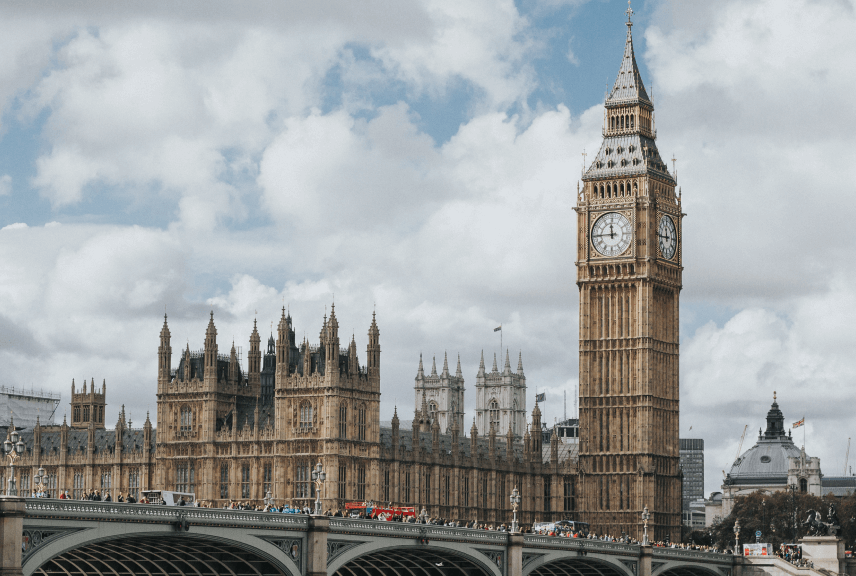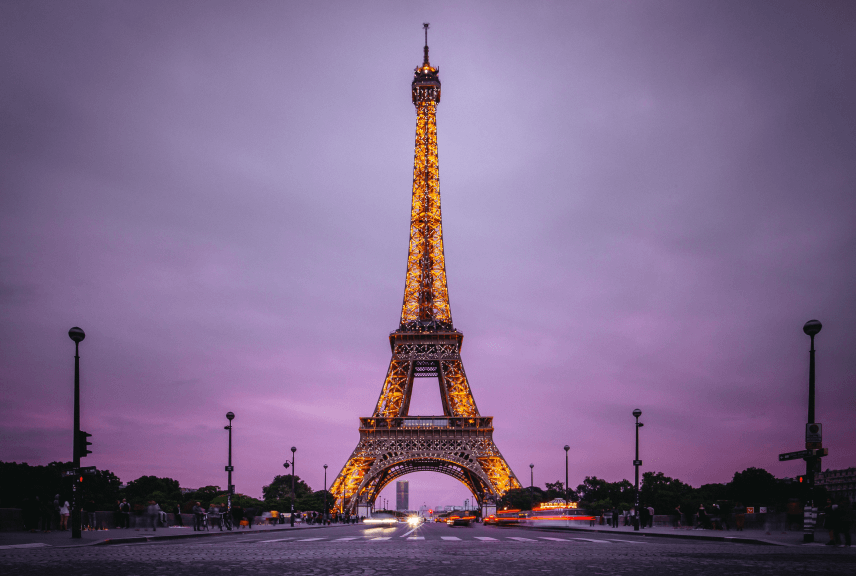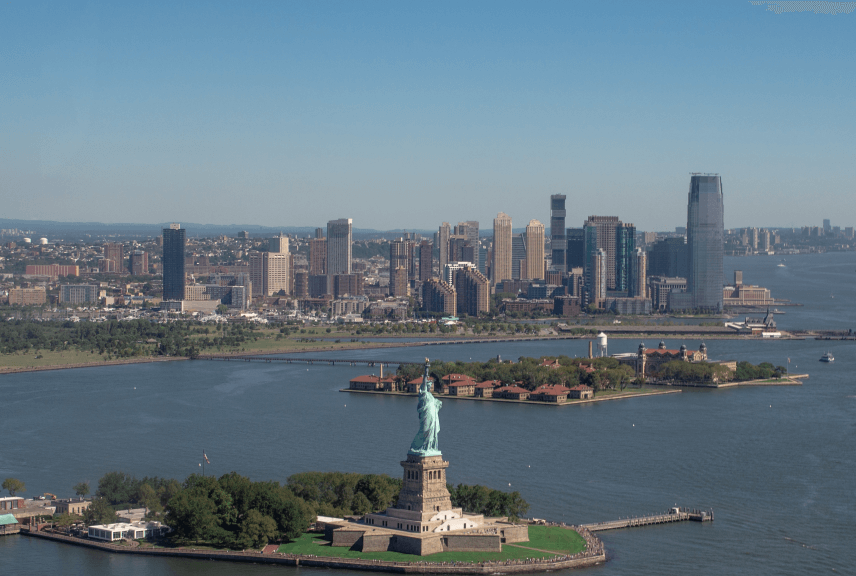Sunday, July 21, 2024
Reading Time: 2 minutes
1. More People Traveling Alone
A survey by American Express revealed that 69% of travelers plan solo trips this year. Notably, 76% of Gen Z and Millennials are open to traveling alone. Social media activity among solo travelers has surged, with an increase in posts featuring solo adventures. Google searches for “solo travel” have risen by 223% over the past decade, underscoring this growing Hot Trends.
Solo travelers often seek to focus on self-care, with 66% planning trips to treat themselves. The #solotravel hashtag has been used over 9 million times on Instagram, reflecting the shift in travel preferences. This trend highlights the appeal of independence and personalized experiences.
2. Desire for Local Experiences
The “experience economy” is becoming increasingly significant in the travel industry. Travelers are moving away from traditional sightseeing and seeking unique, once-in-a-lifetime experiences. Airbnb leads this trend with its Experiences feature, offering around 50,000 locally hosted adventures. Camping and glamping trips are also popular for those wanting to experience local culture.
3. Accelerated Adoption of Travel Technology
The pandemic has accelerated the adoption of technology in the travel sector. A McKinsey survey indicated that companies have advanced their customer and supply-chain interactions. Hotels, airlines, and booking sites increasingly use chatbots and facial recognition technology for enhanced customer service. United Airlines introduced an “Agent on Demand” service, allowing travelers to video chat with a customer service representative by scanning a QR code.
4. Blending Business and Leisure Travel
The trend of combining business and leisure travel, or “bleisure,” is on the rise. The number of digital nomads in the U.S. has reached nearly 17 million. Over 50% of travelers extend their business trips for personal enjoyment. Hotels are catering to this trend by providing quiet workspaces for locals and travelers alike.
5. Commitment to Sustainability
More than half of U.S. travelers believe there should be more options for sustainable travel. A survey by Exodus Travels found that 91% of travelers see the importance of ethical trips, with 56% preferring to buy souvenirs from local merchants and 44% wanting to support local businesses. High-net-worth consumers are willing to pay up to 40% more for sustainable travel options. Most travelers are willing to pay around 10-20% extra for vacations that prioritize sustainability.
6. Younger Travelers Seeking Exotic Destinations
A McKinsey study revealed a generational gap in travel preferences. Gen Z and Millennials are equally likely to book international and domestic trips, while Boomers and Gen X prefer domestic travel. Younger travelers seek fun and novel experiences, while older travelers prioritize quality time with family.
7. Increasing AI Adoption
AI continues to be a significant trend in the travel industry. Generative AI platforms like ChatGPT are expected to impact the industry in real-time. Travel executives see promise in AI for enhancing operations, personalization, advanced segmentation, and customer service. AI can create personalized travel itineraries, predict future demand for destinations, and handle common customer requests.



















